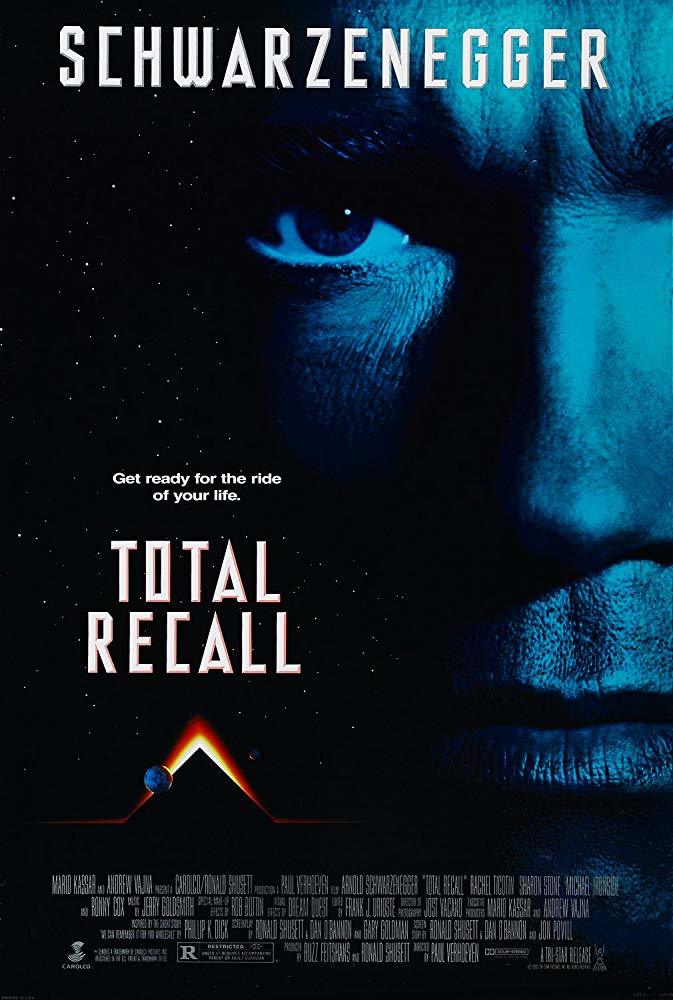



Given the role attributed to memory in the making of personal identity, the importance of amnesia as a dramatic motif comes as no surprise. Yet it seems that “most amnesic conditions in films bear little relation to reality” (Baxendale 2004). For example, although anterograde amnesia (the inability to recall events that take place after the onset of the disease) is more common and incapacitating than retrograde amnesia (the inability to recall events that preceded the onset of the disease), cinema has overwhelmingly focused on the loss of memories of the past.

Poster for Total Recall (1990), one of the movies identified by Vidal and Ortega as memory movies.

Inspired by the homonymous book by Fernando Vidal and Francisco Ortega, this timespace presents the authors' genealogy of the cerebral subject and the influence of the neurological discourse in human sciences, mental health and culture.